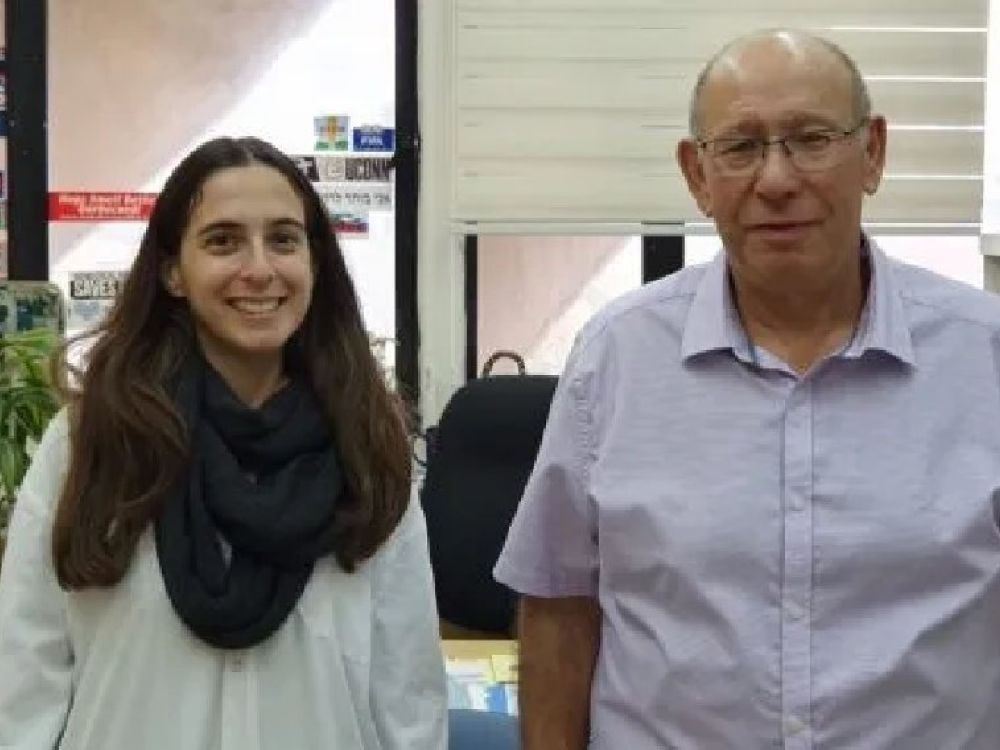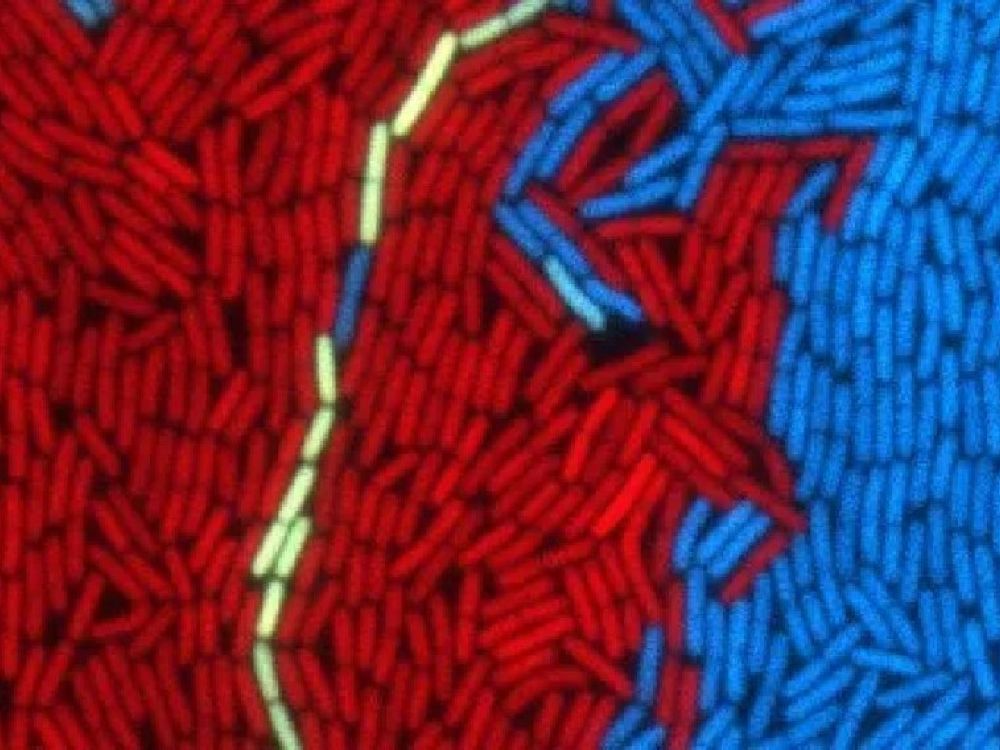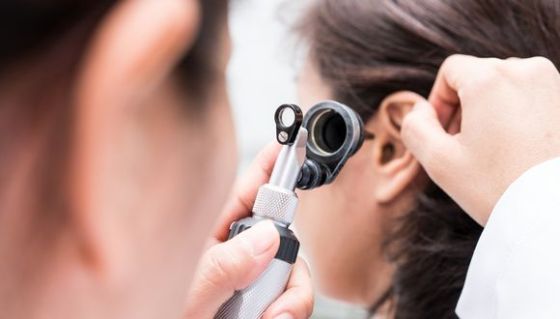
Researchers Identified the Genetic Causes of Inherited Hearing Loss in the Jewish Population of Israel
A New Gene for Human Deafness Found in a Family in Israel
In the Jewish population of Israel, until now, seven genes were known to be involved in hearing loss. Now, thanks to a new study led by Zippora Brownstein, PhD, and Prof. Karen Avraham from the Sackler Faculty of Medicine at Tel Aviv University, the number of genes known to be responsible for inherited hearing loss in Israeli Jewish families is 32.
These results have immediate implications for genetic counseling for families with hearing loss and for care of children with hearing loss. The research was in cooperation with scientists from multiple Israeli universities and hospitals, and from the University of Washington in Seattle, the U.S. National Institutes of Health (NIH), Bethlehem University, the University of Iceland, and the University of Maryland. The researchers also identified a mutation in a gene not previously recognized to cause hearing loss in humans. This breakthrough research was published recently in the journal Clinical Genetics.
The 25th gene
More than 150 genes are known to science to be involved in hearing loss. Genetic diagnoses for inherited hearing loss have previously been difficult, both world wide and in Jewish communities, because any one of so many different genes, and any of many mutations in each gene, could be the cause. Until now, mutations in only seven of the 150 genes had been detected among persons with hearing loss in the Jewish population of Israel. In the current study, which included 88 Israeli families with hearing loss, the researchers identified mutations in 25 additional genes.
Although 24 of the 25 genes are known to cause hearing loss in families worldwide, most of the specific mutations in Israeli Jewish families are newly observed and thus far known only the Jewish community. The 25th gene, called ATOH1, was found for the first time to cause hearing loss in humans.
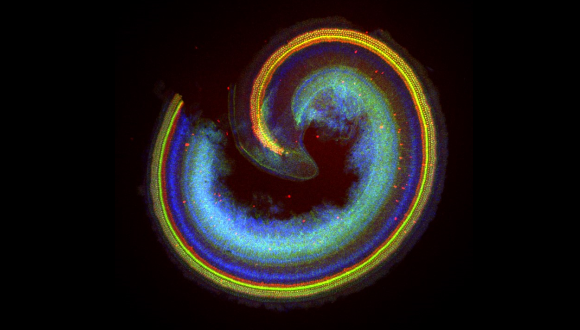
Organ of Corti of the inner ear labelled with antibodies to show sensory hair cells responsible for hearing. Photo Credit: Shahar Taiber & Prof. Karen Avraham
“We know that ATOH1 has an important role in the ear,” explains Prof. Avraham, “without it, hair cells of the inner ear – the cells responsible for our hearing – cannot develop properly. Until now, a mutation in this gene was identified only in mice, and the mice had a hearing loss. We found a similar mutation in relatives with hearing loss in a large family in Israel – the first people in the world known to have a mutation in this gene. I believe we will find more families, both in Israel and abroad, with mutations in this gene that cause hearing loss. The goal is that with this information, new treatment possibilities for people with hearing loss will be developed – including gene therapy.”
Prof. Avraham adds: “We surveyed Jewish families throughout Israel with all types of hearing loss: from congenital to older age at onset, and from moderate to profound. Our survey exploited advanced gene sequencing technology, including a custom gene panel that we created, called HEar-Seq. This custom gene panel allowed us to simultaneously sequence all 150 genes known to be involved in hearing loss, and many “candidate genes” as well. HEar-Seq revealed the distribution of genes and their mutations responsible for hearing loss in all the Jewish communities that make up modern Israel. It led us to ATOH1.
Our discoveries have immediate implications for genetic counseling, which can enable families to prevent additional cases of hearing loss through pre-gestational genetic diagnosis and in-vitro fertilization. Also, for many families, treatment and rehabilitation for hearing loss can be tailored to the family’s specific mutation. The findings of this study allow doctors and audiologists in Israel to provide personally tailored treatment to patients with inherited hearing loss.”
The study was funded by the National Institute of Deafness and Communication Disorders of the U.S. National Institutes of Health, the Israel Precision Medicine Program of the Israel Science Foundation, the Ernest and Bonnie Beutler Research Program of Excellence in Genomic Medicine, the Hedrich Charitable Trust, and travel grants from the University of Washington Virginia Bloedel Hearing Research Institute.
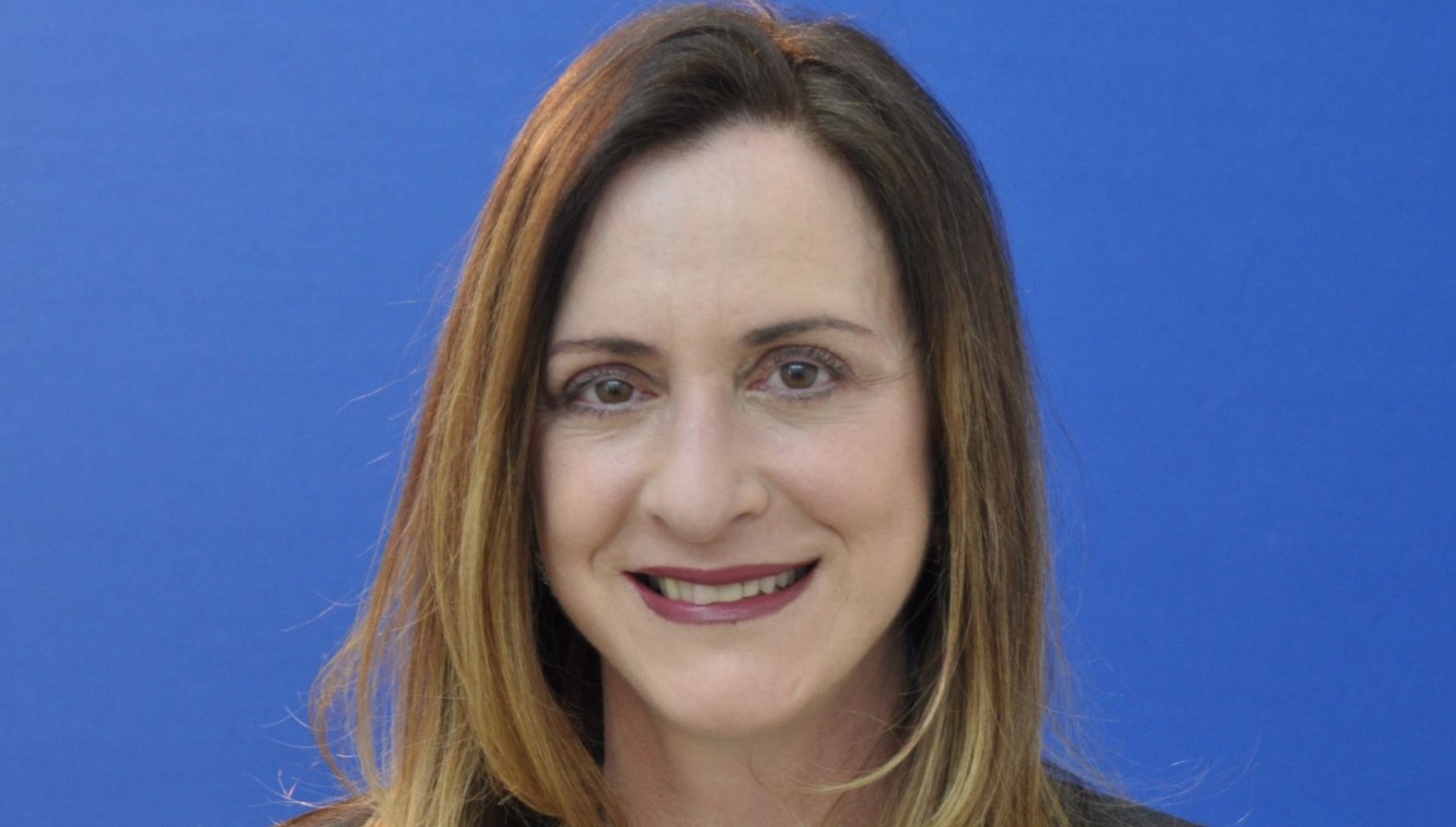
Prof. Karen Avraham
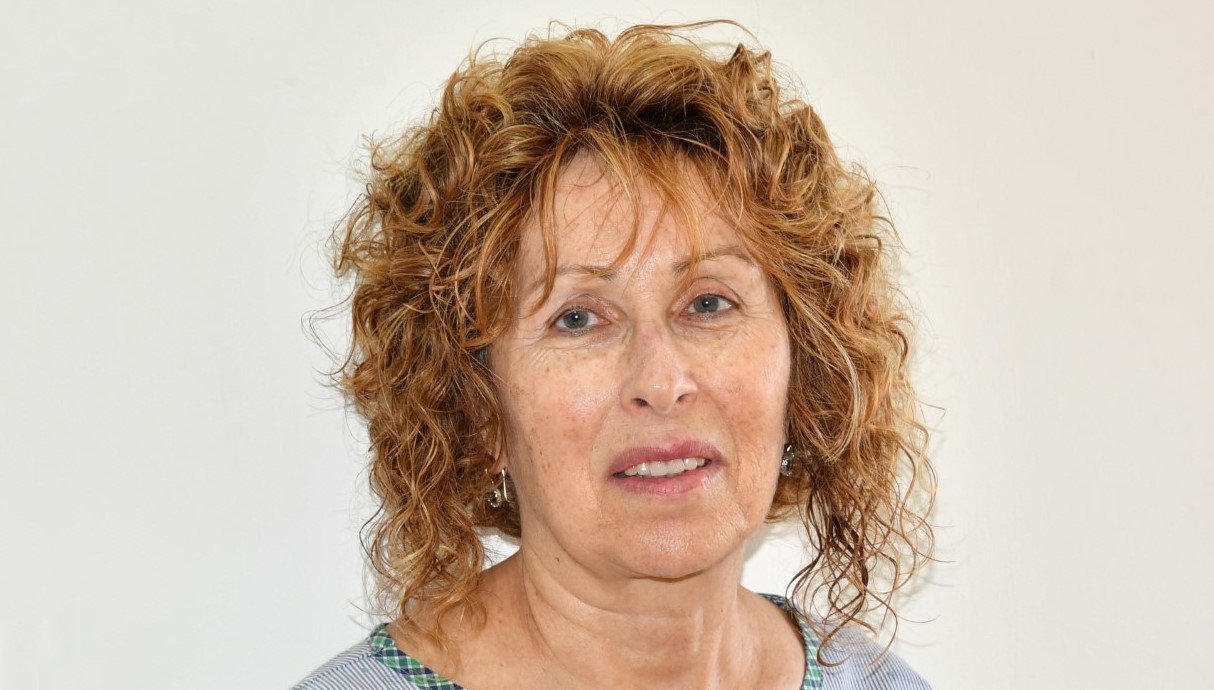
Zippora Brownstein, PhD
Related posts
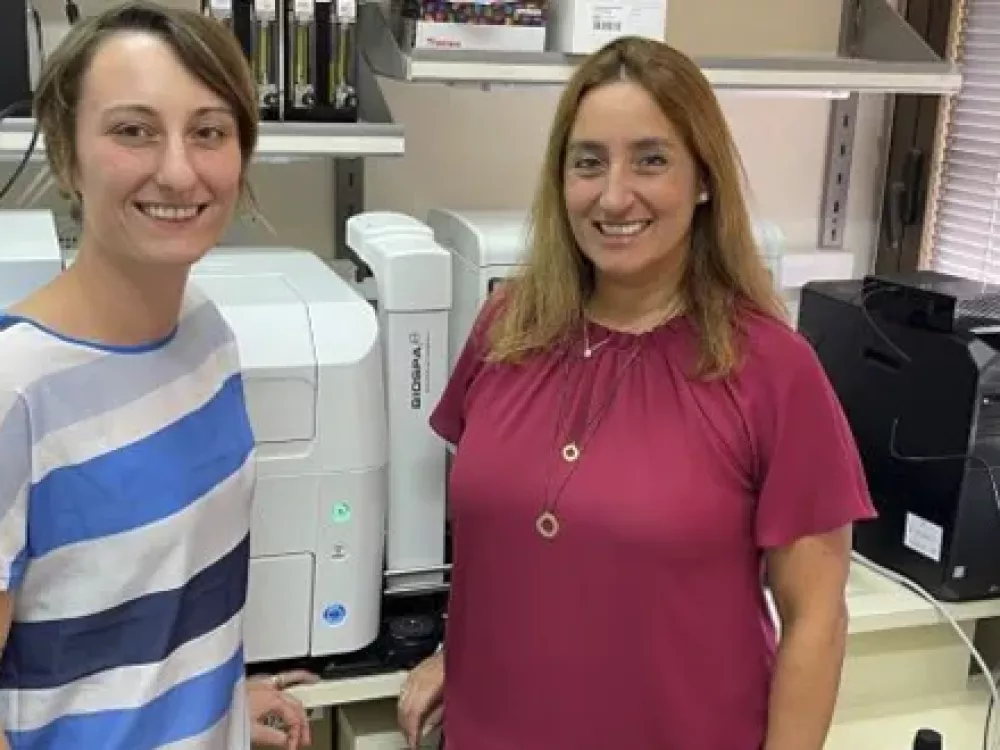
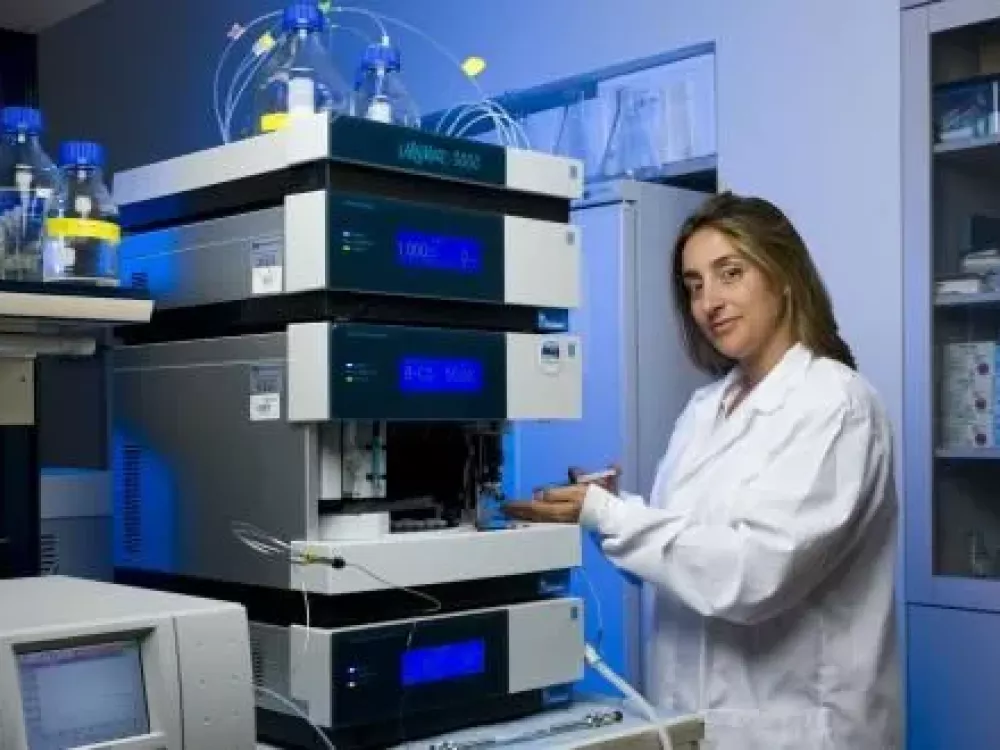

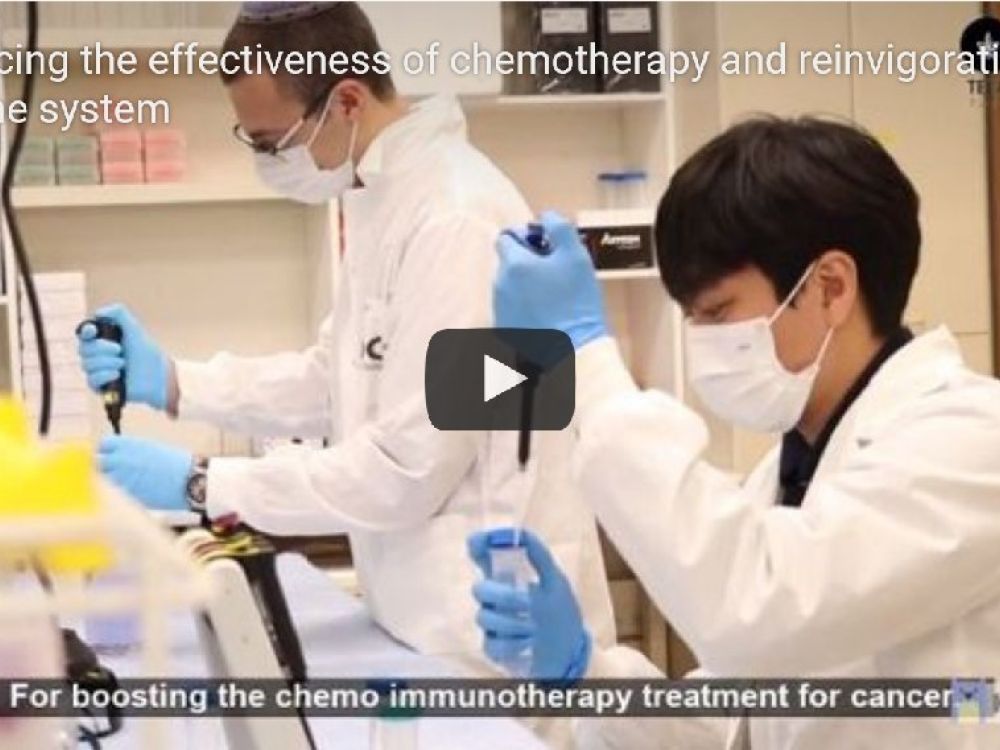

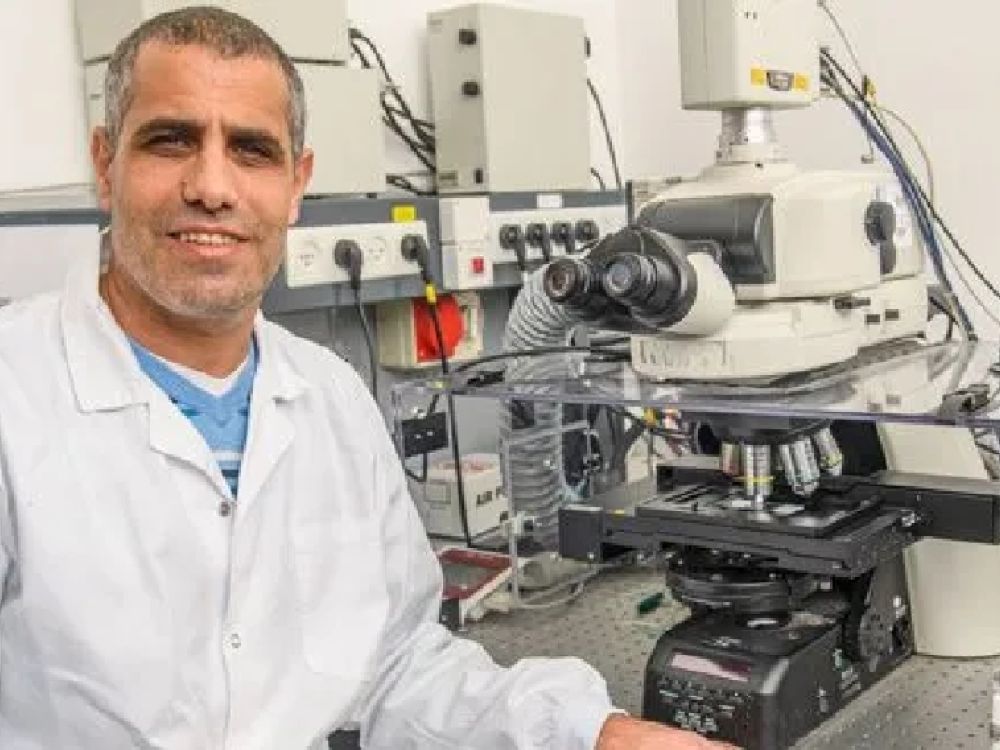
TAU Breakthrough Offers New Hope to Help People With Paralysis Walk Again
